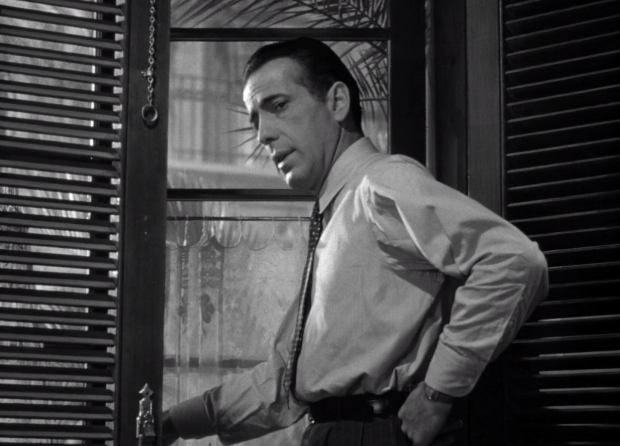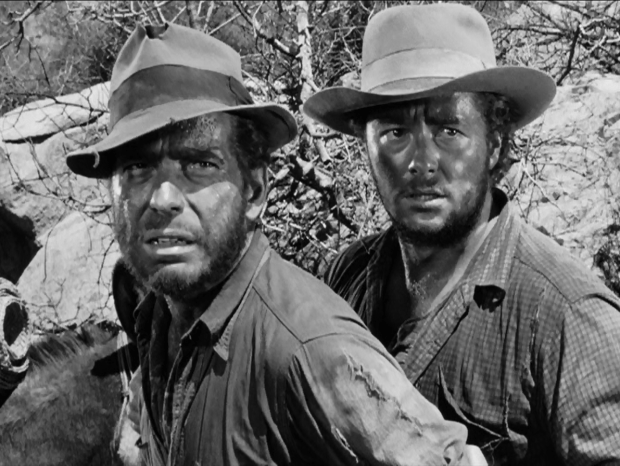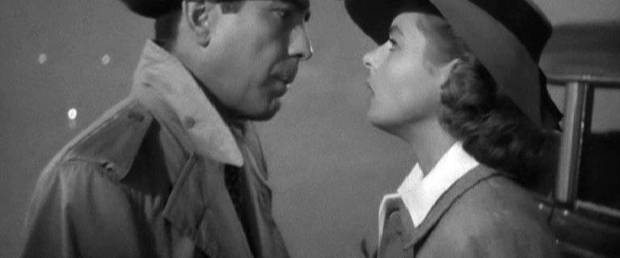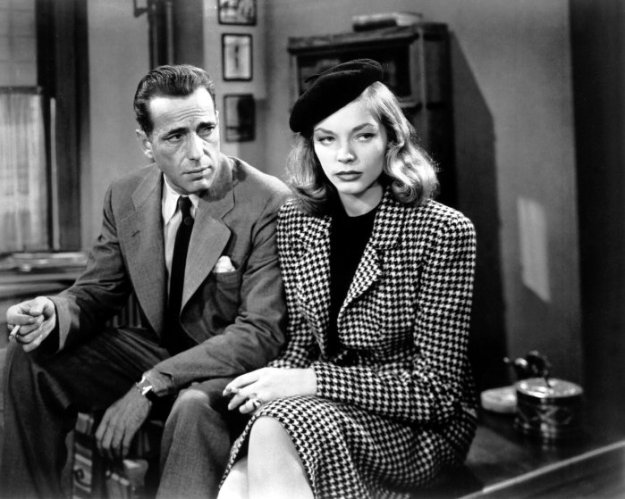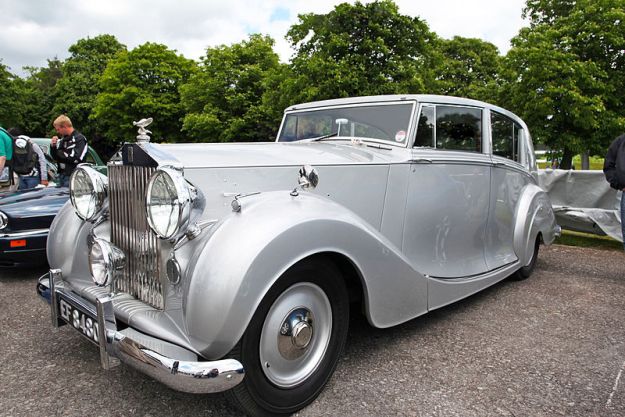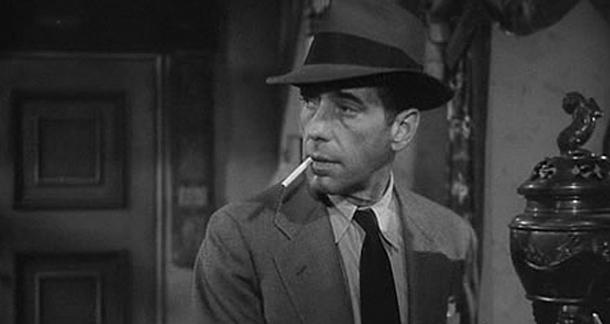This is Best Movie of All Time, an eternal search for the greatest film ever. Read the full archives here.
I watched Across the Pacific entirely cold. I’d never even heard of it, but I love John Huston and there’s some part of me that wants to eventually watch every single Humphrey Bogart movie. There’s an extremely comprehensive blog here about this film if you want another take or if you really, really love Bogart. Beyond that, interestingly, there isn’t as much to read as you’d expect for a film with this pedigree. Why is that?
There are two significant reasons that Across the Pacific feels like a strange movie in retrospect. First off, Huston left the movie unfinished when he enlisted in military service and it was completed by another director. Second, the film’s climax was outdone by reality as real life events forced a change in the plot. The original story hinges on an attack on Pearl Harbor that was changed to Panama, but the “Pacific” in the title stuck despite the change in geography. The shift isn’t something you’d necessarily notice except for the title and one dramatic hold on a newspaper that shows the day before the real events at Pearl Harbor.
Bogart opens the film being discharged in disgrace and we don’t wait nearly long enough to learn that was a work to allow him to infiltrate worlds that the military wants to know more about. This is one of the most impactful storytelling choices here and I think it’s the wrong one, but we spend just a few scenes thinking this is a picture where Bogart really is a bit of a scoundrel. It’s a really specific choice to let that feeling sink in so long but not to chase it to the end. Much of the success of a film like this depends on how confident you are about everyone’s motivations and how the director can play with that confidence, and the choice to reveal Bogart speaks to the need for this to feel patriotic more than anything else.
Across the Pacific deals heavily in stereotypes. There’s really no avoiding this and there’s no need to say it any other way. There are many smaller roles for Japanese characters (played by Chinese actors) that are one-note racist jokes about how Americans perceive Asian accents. There’s even a gasp line that the characters gasp at, in 1942, when Mary Astor’s character Alberta Marlow, supposedly a Canadian from Medicine Hat, Alberta, expresses surprise that Japanese people “have emotions.” She quickly explains that she meant that she’s used to seeing more reserved attitudes from the Japanese people she’s met, which another character says is part of how they’ve chosen to engage with society. It’s both horrific, how her character brings it up, but also surprisingly open as a topic in how the cast engages with it. No one would ever accuse this of being a progressive story, but it’s an interesting choice to have characters express racist ideas and then contend with them among the cast.
It’s all a bit of a mess. It’s a movie about countries at war in reality and in fiction and about people who are willing to buy and sell information regardless of impact or morality. The twists and turns, especially towards the end as the masks start to come off, are worth it, but the core of the film is a little too rotten to feel good about the journey. The choice to have in-scene responses to racist ideas, including one discussion about if a man has been replaced by another man being met with a “Asians all look alike” comment, is a flimsy defense. We can feel in these moments that the script is arguing with itself. It obviously feels bad now, but these reveal something else.
Much has been made of the connection to The Maltese Falcon, given the three leads are in both films. Sydney Greenstreet gets a lot more to do here than he usually does and is fantastic as the mysterious Dr. Lorenz. Bogart is who he always is, a little grimy but ultimately suave and compelling as Rich Leland. Mary Astor has some great jokes and is obviously stronger as a character than the typical love interest. The performances are strong and the film is best during tense or romantic moments when this trio is at the center of what’s happening. Some of the roles for the side characters are more interesting than others, but most of them are stereotypes or so small they aren’t worth noting.
It’s a film about the lead up to a military action that was released during wartime. It’s a little unfair to expect certain things here, but I think Across the Pacific feels odd enough now and clearly would have, then, that you have to comment on it. It’s a worthy journey for Bogart alone and the Pearl Harbor connection is supremely bizarre, but ultimately, I don’t know that it’s possible to love this one. There are too many things that will take you out of it, either racist jokes or just plain weird moments (the character claiming to be from Alberta is named Alberta?) that detract from what is ultimately a pretty good mystery with a lot of twists.
Is it better than the last movie we looked at? No. In the last week there has been some interesting “discourse” about Dune, but I’ve grown stronger in my position that it’s an excellent adaptation and it’s a worthy way to present the story. Most of what I’ve read from people who didn’t love it seem to take issue with things that I feel are unfair, including arguments that it should include things from books that aren’t part of the story or that it should rethink the source material more. It’s hard to not feel like people are engaging in contrarianism with those criticisms.
Is it the best movie of all time? No. It is not exactly radical to say that Bogart is incredible, but I think he even saves this one. The story here is fairly great, though I really do not like that they feel the need to insist that Bogart’s character is a true-blue good guy so early in the narrative. The problems with Across the Pacific may feel like a modern audience insisting a previous generation have different beliefs, but the consistency with which characters within the story comment on it feels like reason enough to wonder why it was told this way.
You can watch Across the Pacific on multiple streaming services, including YouTube and Apple TV ($2.99 at the time of this writing). You can recommend a movie to me for this series through email at readingatrecess @ gmail.com or on Twitter @alexbad and I will watch it, no matter what. Try to pick something good.
